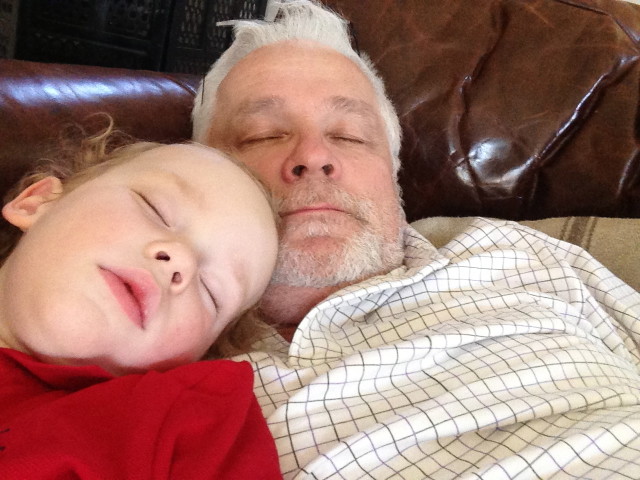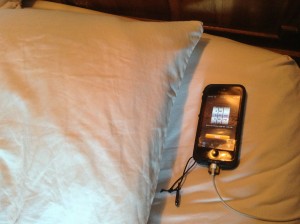Sleep More and Don’t Sneeze
Need an excuse to roll over for an extra hour or two in bed?
Sleep plays an important role in regulating the immune system, so much so recently it’s been proven to be the most important factor to fight off viruses. When we sleep our immune system improves and coordinates its activities better.
When you sleep more, you have less of a chance of catching a cold. A recent study showed that when all factors were taken into account such as amount of sleep, a person’s age, weight or body mass, stress levels and emotional state – people who slept six hours a night or less were four times as likely to develop a cold. Those who had less than five hours were 4.5 times as likely to come down with a virus.
More reasons to get that extra shut eye:
- People who sleep have a better response from vaccinations. Those who sleep have a better response to the flu shot, meaning they are less likely to get the flu, than those who did not sleep as well. Again, sleep allows a coordination of the immune system but deprivation does not allow the immune system to reset itself as well.
- People who sleep well have fewer heart attacks and strokes. This may be secondary to another part of the immune system called inflammation. While the inflammatory response is important to fight off disease, it has to be controlled. Too much inflammatory response leads to increased incidence of heart attacks and strokes. There is a laboratory test for inflammation where the levels of “C-reactive protein” are checked. People who have higher levels of C-reactive protein have higher levels of strokes and heart attacks. People who sleep more have lower levels of C-reactive protein.
- People who sleep have a better febrile (fever) reaction. Fevers are an important reaction to bacteria. While fevers are uncomfortable, fevers suppress activity of viruses, parasites, and bacteria allowing your immune system to work hard to overcome them.
- Lack of sleep increases risk of obesity. It changes the way your body reacts to glucose. People with 7.7 hours of sleep have the lowest rates of obesity. Sleep deprivation lowers leptin, a hormone for appetite suppression. Sleep deprivation increases hunger especially for carbohydrates.
Can you force sleep?
Sleeping pills do not provide sleep that is adequate or necessarily good.
Alcohol interferes with sleep patterns and while you can fall asleep from too much drink it doesn’t work.
To find out the quality of your sleep there are a variety of home-sleep monitors that can be used.
Simple steps to a good nights sleep:
- Keep the bedroom at a moderate temperature.
- Go to bed at the same time.
- Keep the bedroom quiet, don’t have televisions or electronic gadgets on and buzzing.
- Relax before you go to sleep. Get comfortable.
- Avoid caffeine for hours before sleep.
- Depression suppresses your ability to sleep, so if you need medication – get it.
Sleep Devices
You can check out how you sleep with some of the new sleep monitors. We wrote a blog about it Sleep Monitoring At Home.


